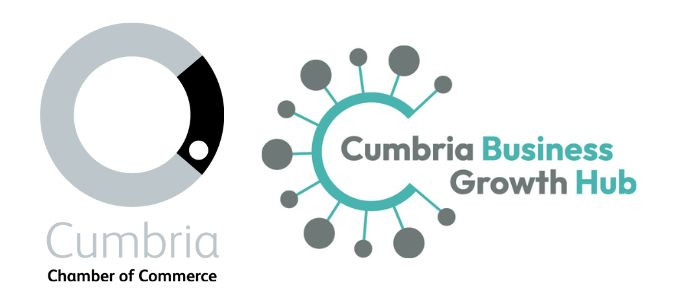As a small-business owner it’s impossible to have a separate project manager for each project. However, projects still need to be accomplished on time and within budget. If you don't, you risk missing deadlines, compromising quality and disappointing clients. Here are the key steps to follow
- Define clear project objectives.
- Appoint someone to lead the project - choose an individual who will champion the project and motivate and manage the project team.
- Identify what resources the project requires (people, tools, software, materials, budget).
- Break down large projects into smaller, manageable stages.
- Clarify what the project is aiming to achieve; set performance criteria and standards for the project as a whole and for each stage.
- Identify the key risks - for example, potential technical problems - and how likely they are; plan what you can do to minimise them and how you will cope with problems.
- Identify what technology and online tools you can use to enable team members to collaborate, manage and deliver the project.
- Budget costs for each stage such as staff costs, overheads, materials and equipment.
- Define the timeline (due date) and set timescales for each stage.
- Identify the critical path - which activities must be completed before others can be started, and which can be undertaken in parallel.
- Include a contingency allowance - for both costs and timescales - to allow for identified risks and unexpected problems.
- Identify the overall project duration and costs.
- Confirm that it is worth proceeding with the project, considering the costs, timescales and risks you have identified.
- Monitor progress against plans and performance targets as the project proceeds; adjust your plans as necessary.
- Complete the project; evaluate its success and what you can learn from it for the future.
